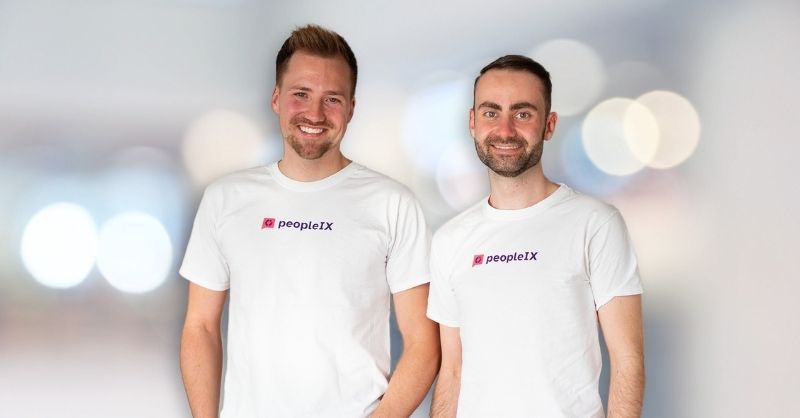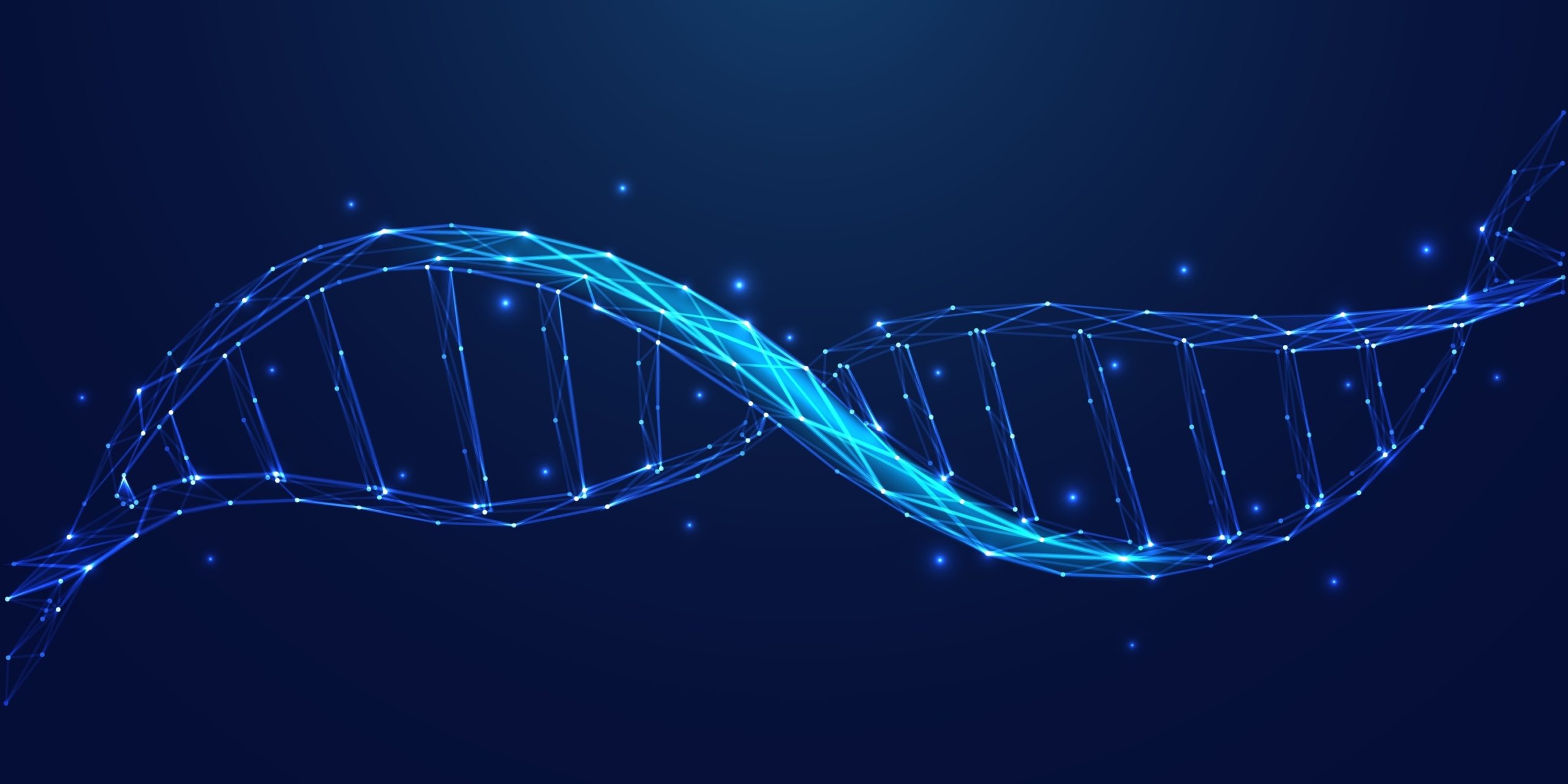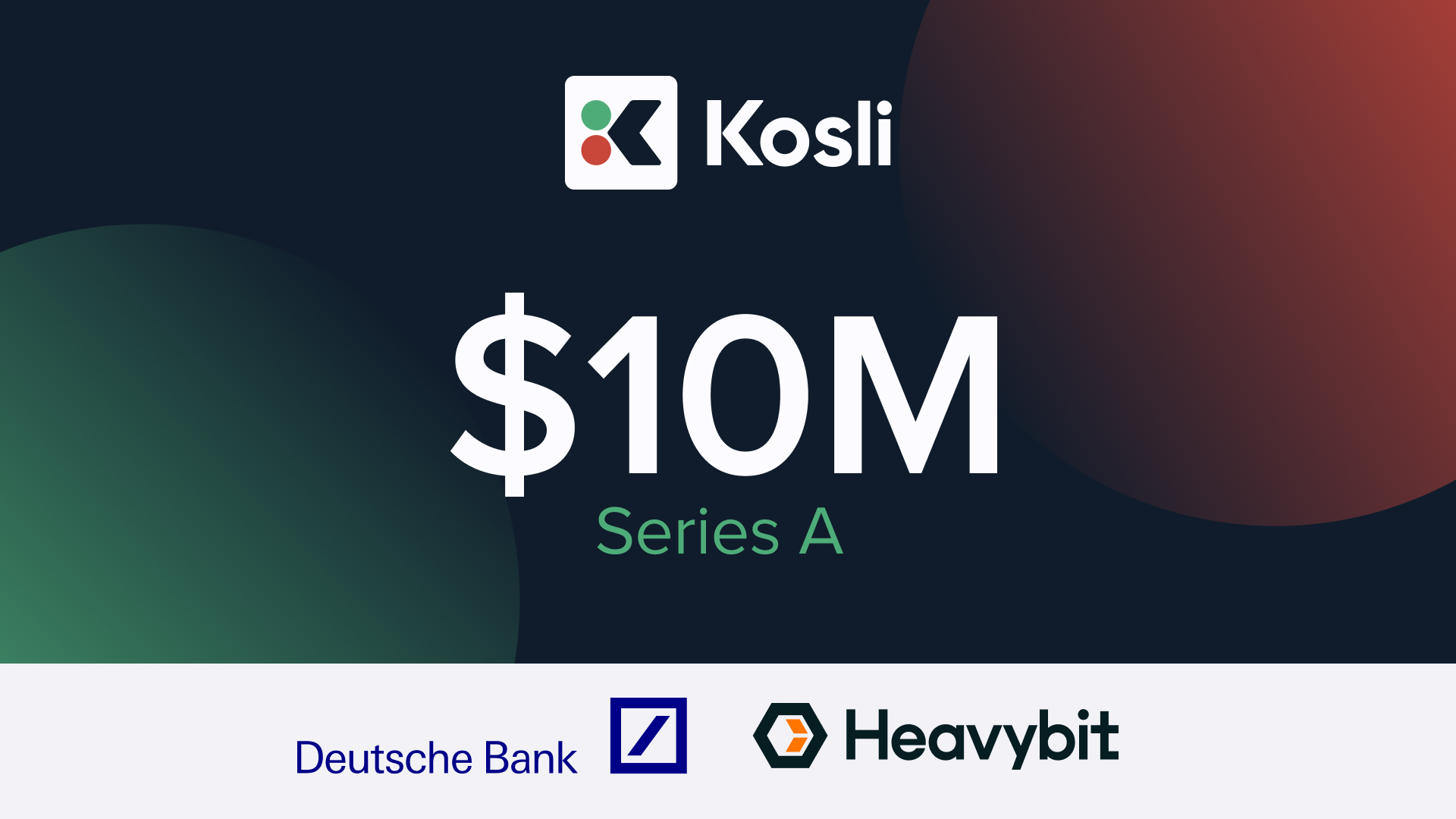Key Takeaways:
I. AI agents in Slack are demonstrably boosting productivity by automating routine tasks and providing valuable insights.
II. Slack's integration with Salesforce's AI, including Einstein Copilot, positions it competitively against rivals like Microsoft Teams and Google Workspace.
III. The human-AI partnership in the workplace requires careful navigation of ethical considerations, user adoption challenges, and the development of new skills.
The messaging app where millions coordinate projects is quietly transforming into an AI-powered workplace. Salesforce's sweeping AI initiative is evolving Slack into a 'work operating system' where AI agents attend meetings, summarize conversations, create presentations, and even negotiate on your behalf. This transformation raises crucial questions about the future of work, the evolving role of human employees, and the competitive landscape of enterprise software. This article provides a deep dive into Slack's AI revolution, exploring its potential to reshape collaboration, productivity, and the very nature of our jobs.
AI-Powered Productivity: Quantifying the Gains
Slack's AI integration is already yielding measurable productivity gains. The company reports saving over 1.1 million working hours through automated summarization alone. This translates to significant cost savings and allows employees to focus on strategic work. For example, AI-powered meeting scheduling tools have reduced coordination time by 20%, and AI-driven data analysis has sped up report generation by 25%, facilitating faster decision-making.
AI is transforming workflows within Slack. Consider a marketing team creating a campaign report. Previously, this involved manual data gathering and summarization. Now, AI automates these steps, allowing the team to focus on analysis and strategy. Similarly, AI chatbots handle routine customer inquiries, freeing human agents for complex issues. This streamlined approach improves efficiency and quality.
While AI offers significant potential, successful implementation hinges on user adoption. A Slack survey found that 80% of AI tool users reported increased productivity, but 27% expressed concerns about AI's role in the workplace. This underscores the need for proactive change management, training, and addressing anxieties about job displacement to build trust and ensure a positive employee experience.
The benefits extend beyond simple efficiency. By automating routine tasks, AI empowers employees to focus on creativity, innovation, and strategic thinking. This shift allows organizations to leverage human capital for higher-value activities, ultimately driving growth and competitive advantage.
The Competitive Landscape: Slack's AI Advantage?
Slack currently holds an 18.54% market share in the collaborative workspace arena, with projections indicating a potential rise to 25% by 2025, generating $4.2 billion in revenue. AI integration is a crucial driver of this growth, positioning Slack as a frontrunner in the next generation of intelligent collaboration platforms. This signifies a fundamental shift in how teams operate and collaborate.
The competitive landscape is dynamic, with Microsoft Teams and Google Workspace also investing significantly in AI capabilities. While these platforms offer robust features, Slack's deep integration with Salesforce, particularly its access to Einstein Copilot's advanced AI engine, provides a distinct competitive edge. This integration enables Slack to offer more contextually relevant insights, automate more complex workflows, and ultimately deliver a more comprehensive and intelligent solution for businesses.
The Salesforce integration is more than just a technical partnership; it's a strategic move that significantly strengthens Slack's position in the enterprise market. By leveraging Salesforce's vast data repository and advanced AI models, Slack can offer more personalized and intelligent features, such as AI-powered sales assistance, automated customer service workflows, and enhanced data analytics directly within the Slack platform. This creates a more holistic and valuable solution for businesses, potentially driving increased adoption and market share.
Maintaining this competitive advantage requires continuous innovation and adaptation. The rapid pace of AI development means that Slack must constantly evolve its offerings, anticipating and responding to emerging trends and user needs. Furthermore, addressing ethical concerns, ensuring data privacy, and fostering user trust are crucial for long-term success in the increasingly competitive AI-powered collaboration market.
The Human-AI Partnership: Reshaping the Future of Work
The integration of AI into the workplace is not about replacing humans but about augmenting their capabilities and reshaping the nature of work itself. As AI takes over routine and repetitive tasks, human employees can focus on more strategic, creative, and interpersonal aspects of their jobs. This shift requires adaptation and the development of new skills, such as data analysis, AI management, and effective human-AI collaboration. Organizations must invest in training and reskilling programs to prepare their workforce for this evolving landscape and ensure a smooth transition into the AI-powered future.
The increasing prevalence of AI in the workplace raises critical ethical considerations that must be addressed proactively. Data privacy is paramount, and organizations must ensure that AI systems are designed and used responsibly, protecting sensitive employee and customer information. Algorithmic bias is another significant concern, and steps must be taken to mitigate bias and ensure fairness in AI-driven decision-making. Furthermore, transparency and explainability in AI systems are crucial for building trust among employees and fostering a positive and inclusive work environment. A human-centered approach to AI development and deployment is essential for navigating the ethical complexities of this technological transformation and ensuring that AI serves humanity's best interests.
The Future of Work: A Human-AI Symphony
Slack's integration with Salesforce's AI agents represents a pivotal moment in the evolution of the workplace. It's not simply about automating tasks; it's about creating a new paradigm of work where humans and AI collaborate seamlessly, each playing to their respective strengths. While challenges and uncertainties remain, the potential for increased productivity, enhanced creativity, and a more fulfilling work experience is immense. The future of work is not a competition between humans and machines; it's a collaborative symphony, a harmonious partnership that can unlock unprecedented levels of innovation, efficiency, and human potential.
----------
Further Reads
I. Slack Time in Project Management | Smartsheet
II. Thoughtful strategies for productivity tracking | Slack
III. New Slack research shows accelerating AI use and quantifies the “work of work” | Slack









